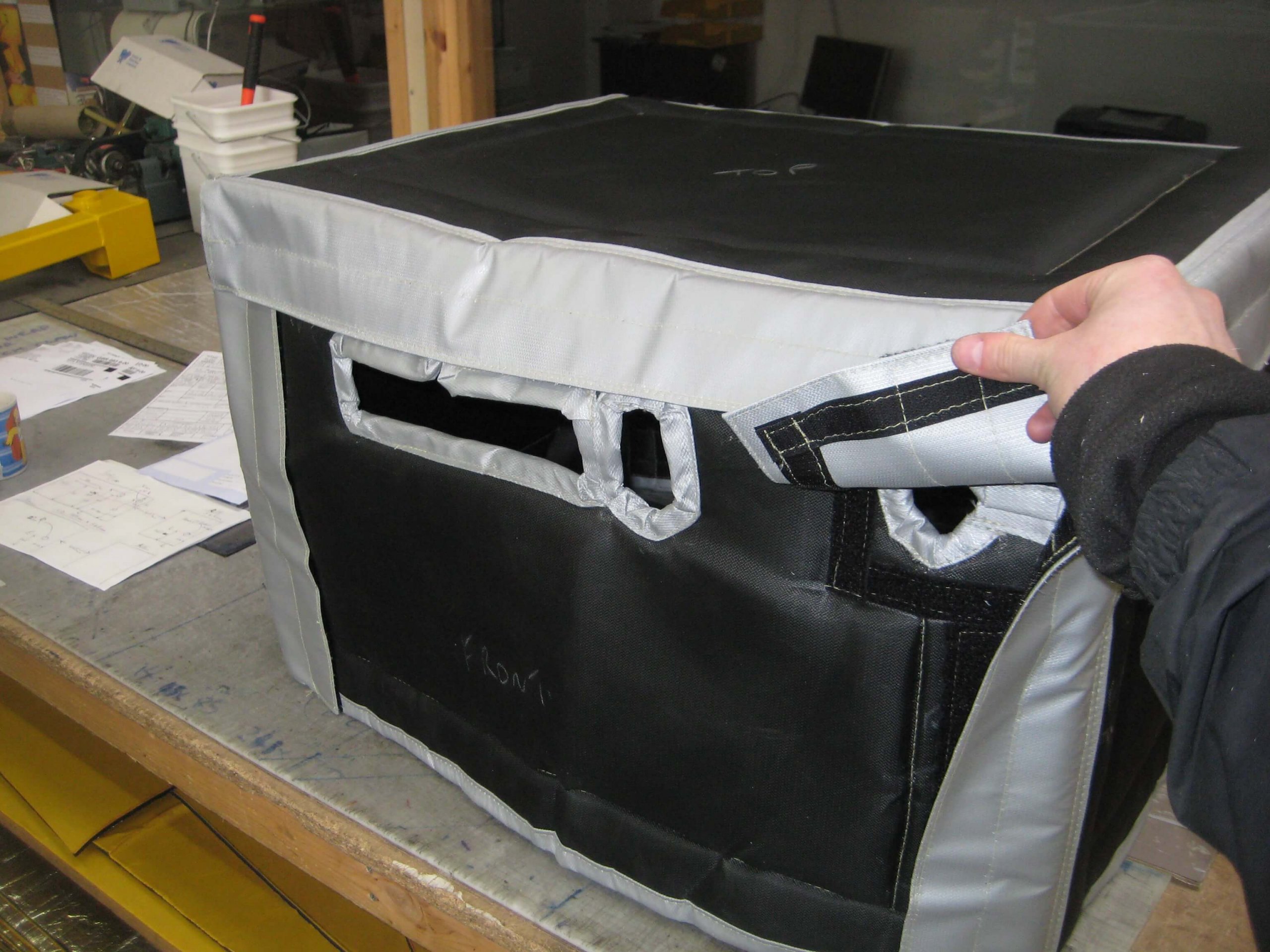Every group of composite order has proper subgroups. If g∈g has order k then set {e,g,…,gk−1} has distinct elements and {gi∣i∈z}={e,g,…,gk−1}. Take g as some other generator of z/nz. Let g be a finite group of prime order p, then g is cyclic. • if g g is any member of the group, the order of g is defined to be the least positive integer n such that gn = 1.
We now have two concepts of order.
The number of generators for any cyclic group having order n is equal to the euler phi function of that particular n, that is, the number positive . Furthermore, all elements of g except the identity are generators of g. If the order of a group is $8$ then the total number of generators of group $g$ is . 〈g〉 is a cyclic group of order n. • if g g is any member of the group, the order of g is defined to be the least positive integer n such that gn = 1. All subgroups of a cyclic group are cyclic. Qu find all the generator of z6, 284 zao. Let g be a finite group of prime order p, then g is cyclic. If g∈g has order k then set {e,g,…,gk−1} has distinct elements and {gi∣i∈z}={e,g,…,gk−1}. Finding generators of a cyclic group depends upon the order of the group. The order of a group is the cardinality of . Add in order to get 17. We call g a generator of g.
We call g a generator of g. If g∈g has order k then set {e,g,…,gk−1} has distinct elements and {gi∣i∈z}={e,g,…,gk−1}. The number of generators for any cyclic group having order n is equal to the euler phi function of that particular n, that is, the number positive . A cyclic group g g. A cyclic group of finite group order n is denoted c_n , z_n , z_n , or c_n ; .

If g∈g has order k then set {e,g,…,gk−1} has distinct elements and {gi∣i∈z}={e,g,…,gk−1}.
All subgroups of a cyclic group are cyclic. Finding generators of a cyclic group depends upon the order of the group. G is a cyclic group if ∃g ∈ g such that g = 〈g〉: If g∈g has order k then set {e,g,…,gk−1} has distinct elements and {gi∣i∈z}={e,g,…,gk−1}. • if g g is any member of the group, the order of g is defined to be the least positive integer n such that gn = 1. The number of generators for any cyclic group having order n is equal to the euler phi function of that particular n, that is, the number positive . List all generators for the subgroup of order 8. Furthermore, all elements of g except the identity are generators of g. 〈g〉 is a cyclic group of order n. The order of a group is the cardinality of . A cyclic group of finite group order n is denoted c_n , z_n , z_n , or c_n ; . Take g as some other generator of z/nz. We call g a generator of g.
The number of generators for any cyclic group having order n is equal to the euler phi function of that particular n, that is, the number positive . If g∈g has order k then set {e,g,…,gk−1} has distinct elements and {gi∣i∈z}={e,g,…,gk−1}. Here e stands for the identity of g. Qu find all the generator of z6, 284 zao. Take g as some other generator of z/nz.
All subgroups of a cyclic group are cyclic.
〈g〉 is a cyclic group of order n. • if g g is any member of the group, the order of g is defined to be the least positive integer n such that gn = 1. Let g be a finite group of prime order p, then g is cyclic. A cyclic group of finite group order n is denoted c_n , z_n , z_n , or c_n ; . All subgroups of a cyclic group are cyclic. A cyclic group g g. List all generators for the subgroup of order 8. Furthermore, all elements of g except the identity are generators of g. Every group of composite order has proper subgroups. If g∈g has order k then set {e,g,…,gk−1} has distinct elements and {gi∣i∈z}={e,g,…,gk−1}. G is a cyclic group if ∃g ∈ g such that g = 〈g〉: Here e stands for the identity of g. Add in order to get 17.
Get Order Of A Generator Of A Cyclic Group Pictures. We call g a generator of g. We now have two concepts of order. Add in order to get 17. A cyclic group of finite group order n is denoted c_n , z_n , z_n , or c_n ; . Furthermore, all elements of g except the identity are generators of g.

